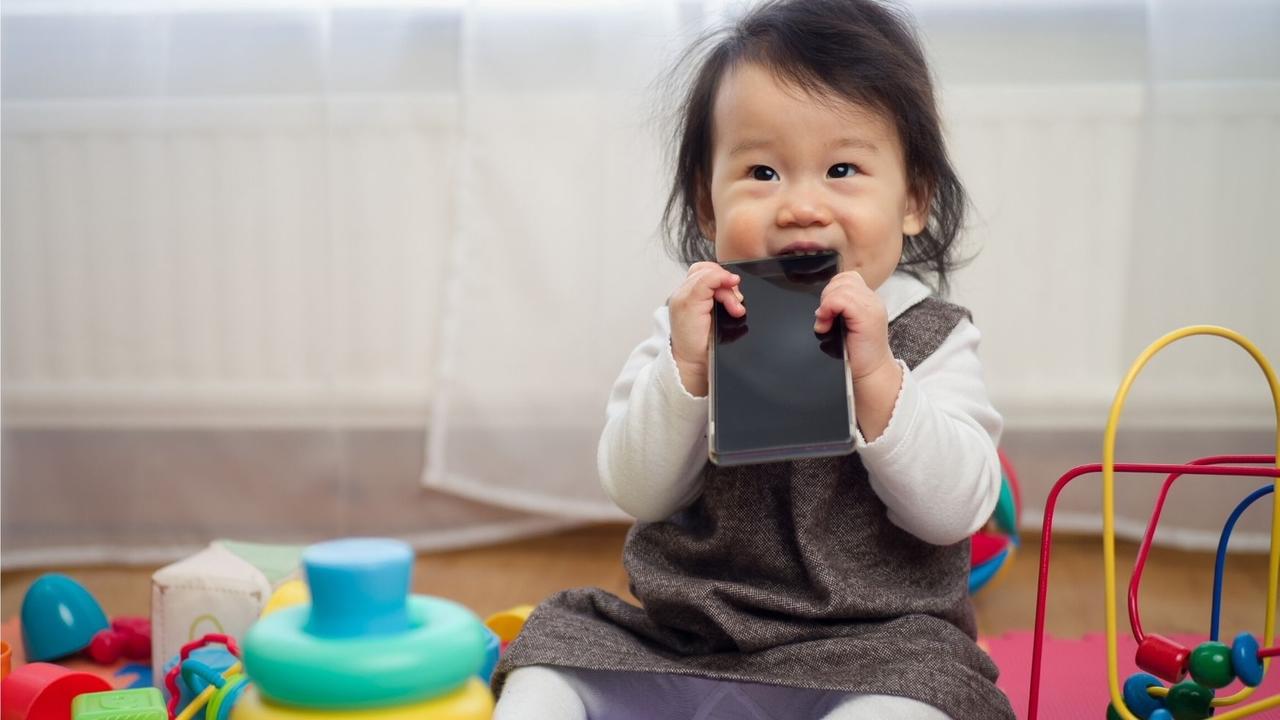
Baby development during lockdown
May 19, 2020A discussion with Gill Goodliff: Parent, grandparent, retired senior lecturer in early childhood from the Open University and now volunteer at HomeStart. Written by Alice Chilver, CEO of WHEN, with thanks to Gill and local mothers in Bicester who took part in the discussion.
I met Gill, whilst she was volunteering at a ‘Stay and Play’ session at my local community hall, I was attending for the first time with my 6-month-old baby. It was lovely to chat to her and I remember in particular enjoying the fact that she was a retired academic, and so we could briefly share our experiences of working in higher education. I was really interested in the importance of inter-generational relationships and early baby development that we discussed. Several weeks later, getting by at home, in lockdown in the midst of the global pandemic, I remembered Gill. I managed to track her down and she agreed to join a Zoom call with me and some local mums, so that we could talk more about baby development during lockdown. I thought it might be helpful to share some of the key messages and ideas that came from this discussion.
Firstly, it’s important to acknowledge that these are unprecedented times, none of us have lived through anything like this, so let’s try our best to navigate together.
Three tips to support baby development
- Routine: As far as it’s possible, keep your daily routine as normal as possible. Babies and toddlers really like predictability and familiarity.
- Presence: Aim for times when you are completely present. Listen and attend to your baby, tuning into what they are enjoying and perhaps irritated by! This will build closeness.
- Actions: Reassure your babies through your actions. Showing your physical affection: stroking, massage, cuddles; singing songs and rhymes, simple games – all of this reminds them of how much they are loved.
Having fun to support baby development
Tried and tested ways, for providing a home learning environment
- Daily permitted walk: If you can, get outside and make good use of this time. Try to think about what the baby can see, hear and smell and talk to them about it.
- Stimulate senses: Find colourful, noisy things at home that are safe for your baby to explore and play with those. Babies love to find things that are hidden, encourage them to explore with their hands.
- Hand games: Reinforce simple hand actions with your baby to support physical and social development, for example peek-a-boo, clapping hands, waving.
Let’s talk about screen-time!
Nine things to consider:
- In April 2019, WHO published new guidelines on screen time, advising that children under two should have either no or very limited screen time.
- At the time popular media headlines reported that this was disputed by U.K. experts.
- In April 2020 (during lockdown), baby development ‘guru’ Penelope Leach is reported to have urged parents to let young children have a mobile phone and “screen time” to contact friends and counter the emotional impact of the lockdown.
- There have been two primary concerns around screen time:
1. It can reduce the amount of time that a child has to be active.
2. It has been associated with excessive weight gain.
- Young babies live in the present. They don’t understand FaceTime, but they do understand significant, meaningful relationships in their lives.
- Screens can be used to re-enforce contact with significant people that babies are not seeing face-to-face.
- Looking after ourselves, is really important. If the screen gives you a bit of time then that’s important.
- Videoing a loved one (e.g. keyworker partner) who is not around, doing a routine task (e.g. bed time story) and playing that back to the baby could be a nice way to maintain familiarity.
- The National Literacy Trust family zone has good resources for 6-12 months plus who are already familiar with some of the stories they share.
Will my baby be afraid of strangers after lockdown?
Your baby is living in the present, the reassurance that you are able to give your baby is supporting them through this difficult time. It is perhaps harder, thinking about how much we are impacted and how that affects our wellbeing and how we communicate our own anxieties. Try to maintain interest in people who have been significant in the babies lives up until now, through phone calls, looking at photos, talking to the baby about them.

